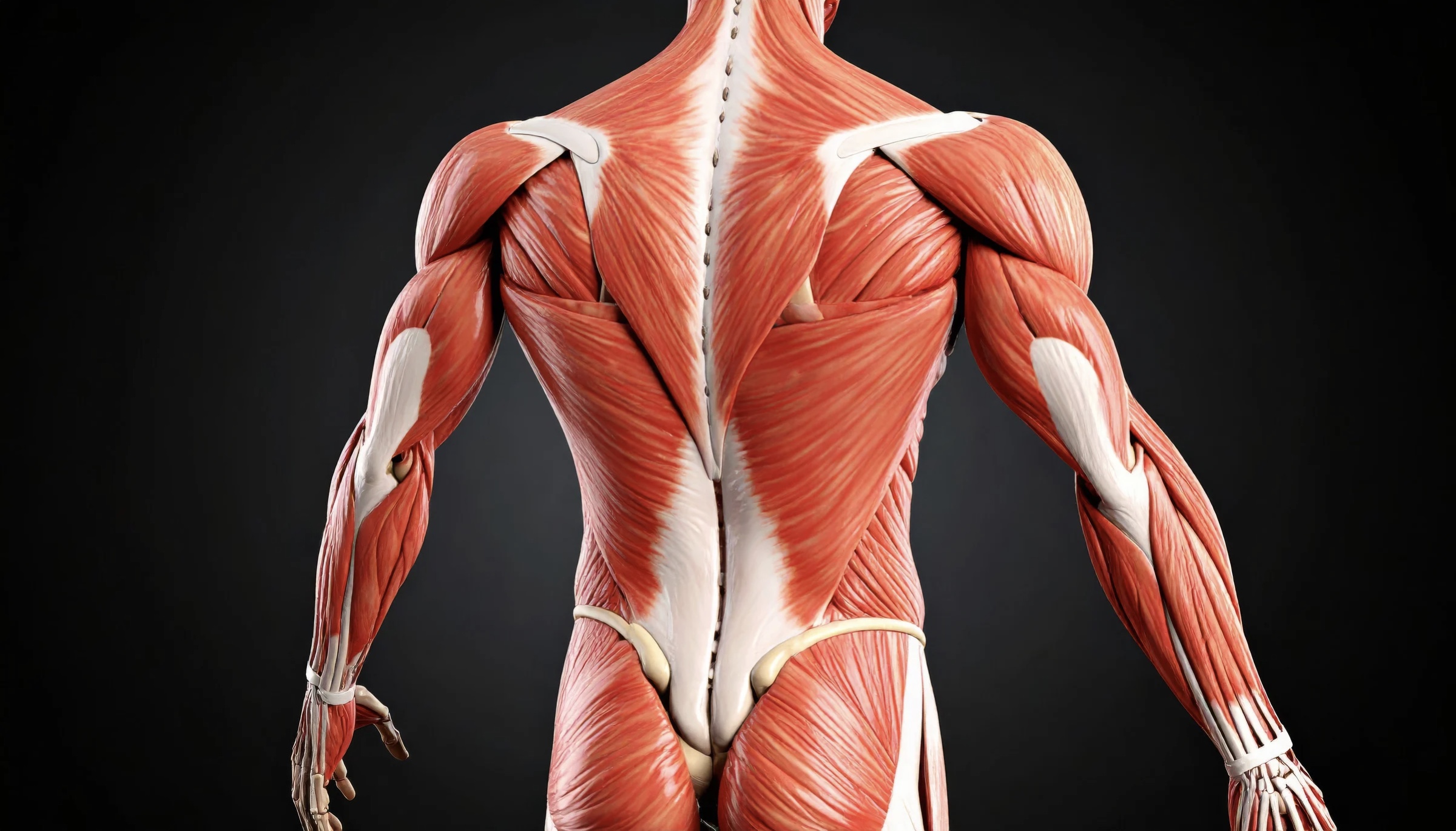The Health Benefits of Exercising: Why Staying Active is Essential for Your Well-Being

In today’s fast-paced world, maintaining good health has become more important than ever. One of the best ways to ensure you are leading a healthy lifestyle is through regular exercise. Not only does exercise help you stay in shape, but it also provides a wide range of benefits that impact both your physical and mental well-being. From improving cardiovascular health to boosting mental clarity, incorporating exercise into your daily routine can significantly improve your quality of life. In this article, we will explore the numerous health benefits of exercise and why it is a crucial part of a balanced lifestyle.
Physical Health Benefits of Exercise

a. Cardiovascular Health
Regular exercise is one of the most effective ways to improve your cardiovascular system. When you engage in activities like running, swimming, cycling, or even brisk walking, you strengthen your heart and improve circulation. This reduces the risk of developing cardiovascular diseases such as heart disease, high blood pressure, and stroke. Aerobic exercise helps lower bad cholesterol (LDL) and increase good cholesterol (HDL), which supports overall heart health.
b. Weight Management
One of the most common reasons people turn to exercise is for weight management. Regular physical activity burns calories, helping to create a calorie deficit, which is essential for weight loss or maintaining a healthy weight. Moreover, building muscle through strength training exercises increases your resting metabolic rate, meaning you’ll burn more calories even when at rest. This makes exercise a critical factor in managing body weight and preventing obesity-related health issues.
c. Bone and Joint Health
As you age, bone density decreases, making conditions like osteoporosis more common. However, exercise—especially weight-bearing exercises like walking, running, and resistance training—helps to build and maintain strong bones. Strengthening the muscles surrounding your joints also improves joint stability, reducing the risk of injury. Regular exercise is also known to alleviate symptoms of arthritis by improving flexibility and reducing inflammation in the joints.
d. Boosts Immune System
Engaging in regular moderate exercise can enhance the immune system. Physical activity promotes good circulation, allowing immune cells to travel more efficiently throughout your body, thereby helping to fight off infections and illnesses. People who engage in consistent exercise are often better able to fend off common colds and seasonal illnesses compared to those who lead sedentary lifestyles.
Mental Health Benefits of Exercise

a. Reduces Stress and Anxiety
Incorporating exercise into your daily routine is a powerful tool for reducing stress and anxiety. Physical activity triggers the release of endorphins—often referred to as “feel-good” hormones—which help alleviate feelings of stress. Whether it’s a brisk walk, yoga, or a high-intensity workout, engaging in exercise can help clear your mind and provide a natural outlet for stress relief. Additionally, exercise improves the body's ability to handle stress by lowering cortisol levels, which is the hormone often linked to stress and anxiety.
b. Enhances Mood
Regular exercise is proven to be a mood booster, thanks to the chemical changes it triggers in the brain. Exercise increases the production of serotonin, dopamine, and norepinephrine—neurotransmitters that help regulate mood, motivation, and feelings of pleasure. This makes exercise a valuable tool for those who struggle with mild depression or mood swings. In fact, many healthcare professionals recommend exercise as a complementary treatment for managing symptoms of depression and other mood disorders.
c. Improves Cognitive Function
Exercise is not just beneficial for the body—it’s great for the brain, too. Studies have shown that regular physical activity can improve memory, attention, and overall cognitive function. Exercise increases blood flow to the brain, which helps in the growth of new neurons and enhances neuroplasticity—the brain’s ability to adapt and change. This is particularly important as we age, as regular exercise can help prevent cognitive decline and reduce the risk of developing neurodegenerative diseases like Alzheimer’s and dementia.
Emotional and Social Benefits of Exercise

a. Boosts Self-Confidence
Engaging in regular exercise often leads to improvements in physical appearance, such as weight loss, toned muscles, or improved posture. These changes can greatly boost self-confidence and self-esteem. Feeling stronger, fitter, and more capable in your body often leads to a more positive outlook on life, as well as the courage to tackle new challenges.
b. Promotes Better Sleep
Struggling with insomnia or poor-quality sleep? Regular exercise can help. Physical activity increases the time spent in deep sleep, which is the most restorative phase of the sleep cycle. Additionally, exercise helps regulate your body’s internal clock, making it easier to fall asleep at night and wake up feeling refreshed. However, it’s important to avoid vigorous exercise too close to bedtime, as it may energize your body and make falling asleep more difficult.
c. Encourages Social Interaction
Exercise can also foster social connections and build a sense of community. Whether you join a group fitness class, participate in a local sports league, or go for regular walks with friends, exercising with others can enhance your social well-being. The shared experience of working toward a common goal, along with the support and encouragement of others, can help reduce feelings of isolation and loneliness.
Long-Term Health Benefits of Exercise
a. Reduces the Risk of Chronic Diseases
One of the most significant long-term benefits of regular exercise is its ability to reduce the risk of chronic diseases. Engaging in consistent physical activity lowers the risk of developing conditions such as type 2 diabetes, certain types of cancer, and cardiovascular diseases. Exercise helps regulate blood sugar levels, lowers blood pressure, and improves heart function, all of which contribute to long-term health.
b. Slows the Aging Process
Staying active as you age is one of the best ways to maintain physical and mental vitality. Regular exercise can slow the aging process by improving muscle tone, bone density, and flexibility, all of which decline as we grow older. Exercise also promotes skin health by increasing circulation, which delivers oxygen and nutrients to the skin, keeping it looking youthful and vibrant.
c. Extends Longevity
There is a growing body of research suggesting that regular exercise can add years to your life. Studies show that individuals who engage in consistent physical activity are more likely to live longer, healthier lives compared to those who lead sedentary lifestyles. The combination of physical, mental, and emotional benefits of exercise all contribute to increased longevity and a better quality of life in older age.
Starting and Maintaining an Exercise Routine
While the benefits of exercise are clear, starting and maintaining an exercise routine can be challenging for some people. It’s important to find activities that you enjoy and that align with your fitness level. Here are a few tips to help you get started:
- Set Realistic Goals: Start with achievable goals that fit your lifestyle. Whether it’s taking a daily walk, joining a fitness class, or committing to a workout routine at home, setting small, manageable goals will help you stay motivated.
- Mix It Up: Incorporating a variety of exercises—such as strength training, cardio, flexibility, and balance—will keep things interesting and ensure that you are engaging different muscle groups. This also prevents boredom and reduces the risk of overuse injuries.
- Stay Consistent: Consistency is key when it comes to reaping the benefits of exercise. Try to establish a regular routine that fits into your daily schedule. Remember, even small amounts of exercise are better than none, so stay committed and keep moving.
- Listen to Your Body: While exercise is important for your overall health, it’s equally important to listen to your body. Avoid pushing yourself too hard and allow time for rest and recovery to prevent burnout or injury.
All In All: Why Exercise is Essential for Health
Incorporating regular exercise into your life is one of the best decisions you can make for your overall health. The benefits of exercise extend far beyond physical fitness—they enhance mental clarity, emotional well-being, and even social connections. Whether your goal is to improve cardiovascular health, reduce stress, or simply feel more energized, committing to regular exercise will lead to a healthier, happier, and more balanced life. So, whether you’re starting with a daily walk or a full workout routine, make exercise a priority to enjoy its powerful and lasting benefits.







